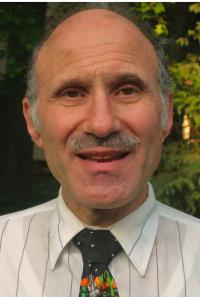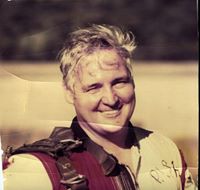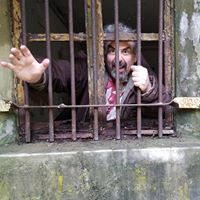Who is considered to be the father of modern science?
Galileo Galilei (born February 15, 1564 – died January 8, 1642) was an Italian astronomer, physicist, engineer, philosopher, and mathematician. He played a major role in the scientific revolution of the seventeenth century. His contributions to observational astronomy include the telescopic confirmation of the phases of Venus, the discovery of the four largest satellites of Jupiter (named the Galilean moons in his honour), and the observation and analysis of sunspots. Galileo also worked in applied science and technology, inventing an improved military compass and other instruments. He has been called the "father of observational astronomy", the "father of modern physics", the "father of scientific method", and the "father of science".
Galileo put forward the basic principle of relativity, that the laws of physics are the same in any system that is moving at a constant speed in a straight line, regardless of its particular speed or direction. Hence, there is no absolute motion or absolute rest. This principle provided the basic framework for Newton's laws of motion and is central to Einstein's special theory of relativity. According to Stephen Hawking and other modern day scientists, Galileo probably bears more of the responsibility for the birth of modern science than anybody else. In particular, Albert Einstein has also called him the father of modern science.
More Info:
en.m.wikipedia.org









